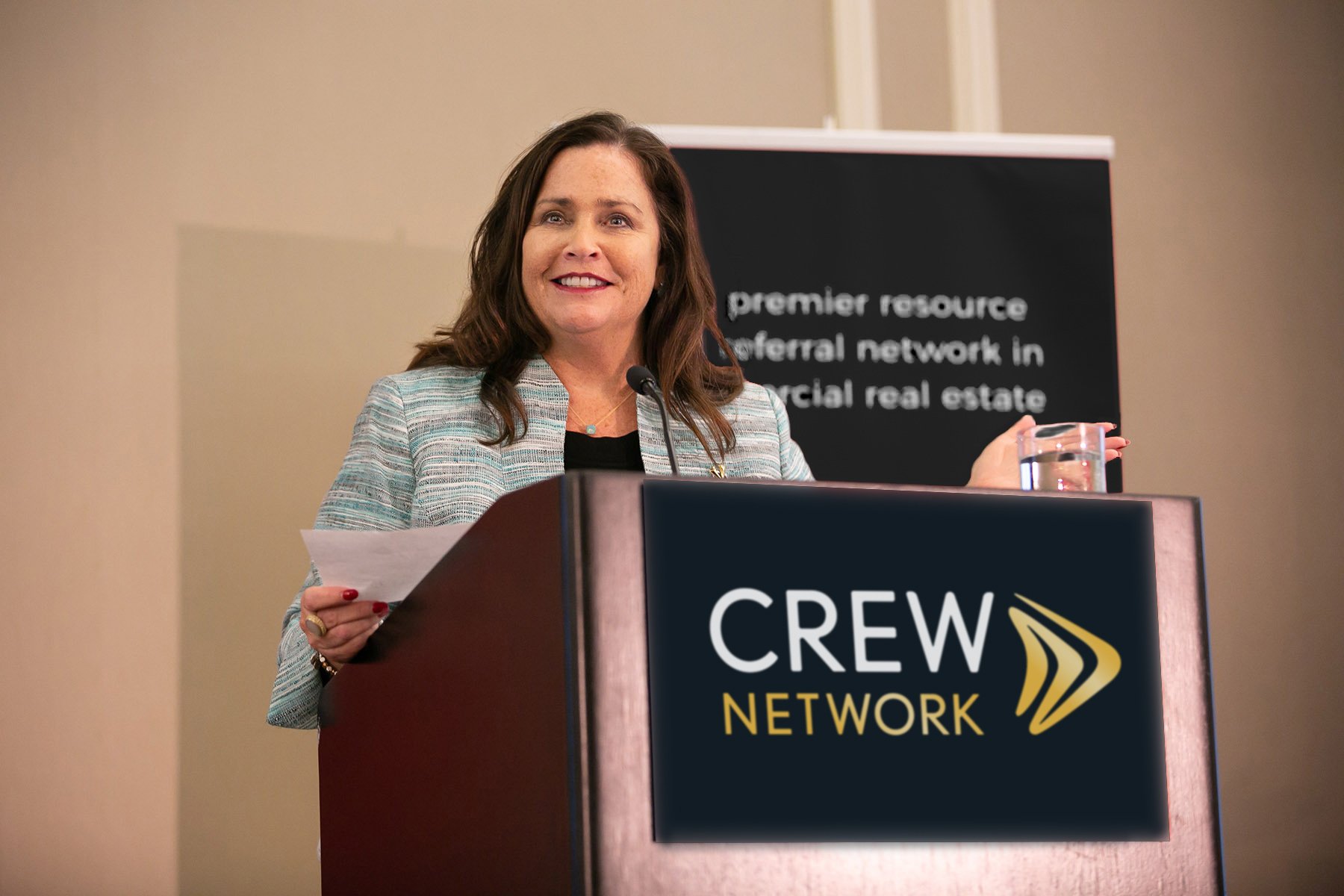Tackling the challenge of implicit bias is integral to improving the diversity in the commercial real estate challenges. A recent panel at a CREW San Diego event discussed the issue of implicit bias in the workplace and ways to correct it.
Mary Blair-Loy, a professor of sociology and co-director for Center for Research on Gender in STEMM at University of California, San Diego, said that we are not always innocent in the way that we create categories around people. Even the terms "men" and "women" come with preconceptions. "Men," she says, denotes competence and assertiveness, while "women," on the other hand, come with ideas of passiveness and supportiveness. "They are gender glasses that we put on and color our assessments of colleagues," says Blair-Loy.
Discrepancies between the two genders regularly impact the workplace in terms of everything from reviewing resumes to work performance to the way that people are treated at industry events. Women often feel undervalued, and this can have a negative impact on employee retention. "Women and mothers are more likely to get tired of being treated poorly and leave, and firms lose valuable human capital," says Blair-Loy. In STEM jobs, almost half of women leave when they have their first child. Blair-Loy calls this a brain drain on our society.
Recommended For You
So, how do you tackle these challenges? Melina Fairleigh, an independent fractional head of people, gives the HR take. She says that the first steps are to directly address the issue through communication and tangible action items. This includes structured meetings to create and even playing field and thoughtfully invite the right employees to participate in the discussion. She also recommends a lean in program, which includes 50 ways to fight implicit bias. This is an open source program available to all companies.
Like Blair-Loy, Fairleigh agreed that many implicit biases are centered on preconceptions about men and women. She says that men interrupt women three times more often than men interrupt other men, and generally, women are guilty of interrupting other women more than they interrupt men. "Women's voices aren't as loud as men's," she says, adding that companies need to create a way for people to contribute equally.
© 2025 ALM Global, LLC, All Rights Reserved. Request academic re-use from www.copyright.com. All other uses, submit a request to [email protected]. For more information visit Asset & Logo Licensing.







